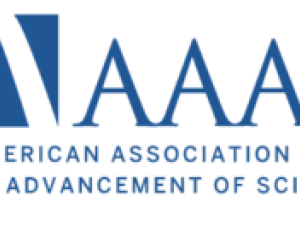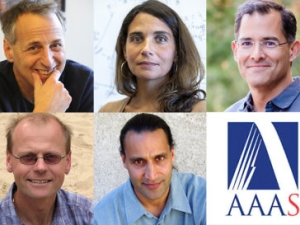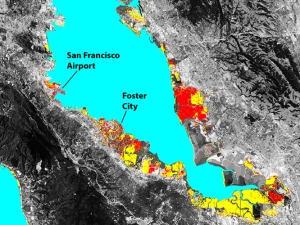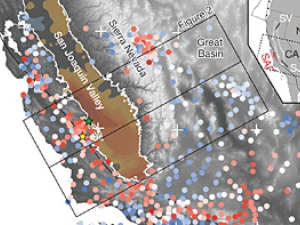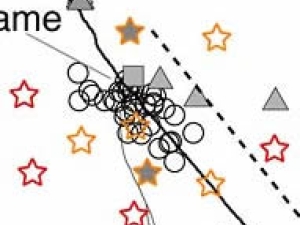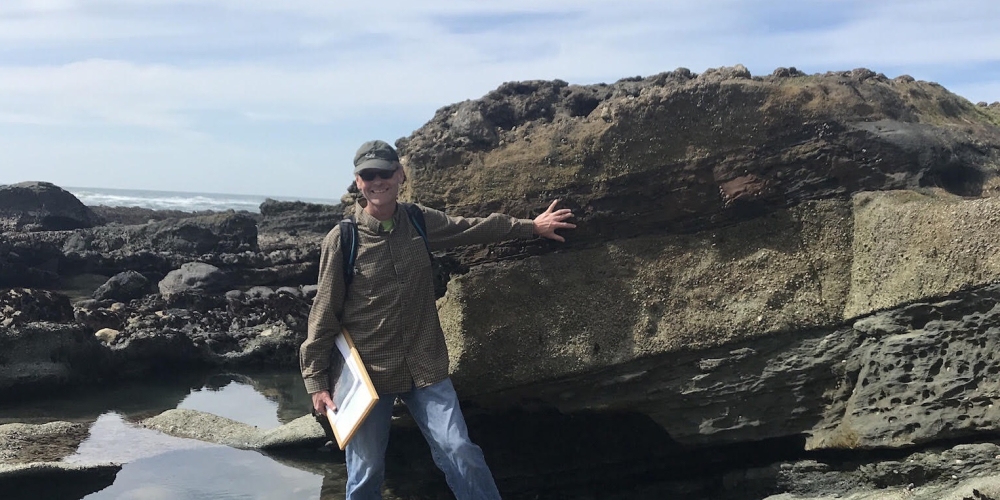

Research Bio
Roland Bürgmann received his Vordiplom in Geology, Paleontology, and Mineralogy from the Universität Tübingen, Germany in Geology in 1987, his M.S. in Structural Geology from the University of Colorado in 1989, and his PhD in Geomechanics and Crustal Deformation from Stanford University in 1993. He is currently a Professor in the Earth and Planetary Science Department and heads the UC Berkeley Active Tectonics Research Group.
His current research focusses on active tectonics; relying on space geodetic, geological and seismological observations combined with mechanical models for an improved understanding of earthquake cycles, landslides and hydrological systems.
Research Expertise and Interest
active tectonics, geophysics, geology, earth and planetary science, geomechanics, tectonics, Seismology, structural geology, fault zone processes, crustal deformation, space geodesy, natural hazards, landslides
In the News
UC Berkeley Professors Named AAAS Fellows
Five Berkeley faculty members elected fellows of the AAAS
Sinking land will exacerbate flooding from sea level rise in Bay Area
Central Valley groundwater depletion raises Sierra and may trigger small earthquakes
Winter rains and summer groundwater pumping in California’s Central Valley make the Sierra Nevada and Coast Ranges sink and rise by a few millimeters each year, creating stress on the state’s earthquake faults that could increase the risk of a quake.
Tabletop fault model reveals why some quakes lead to faster shaking
The more time it takes for an earthquake fault to heal, the faster the shake it will produce when it finally ruptures, according to a new study by engineers at the University of California, Berkeley.
Project will monitor tremor activity beneath San Andreas Fault
The Gordon and Betty Moore Foundation has donated $1.2 million to the Berkeley Seismological Laboratory to install a small network of earthquake sensors around the San Andreas Fault at Cholame to monitor faint tremors that have been discovered in the area.

